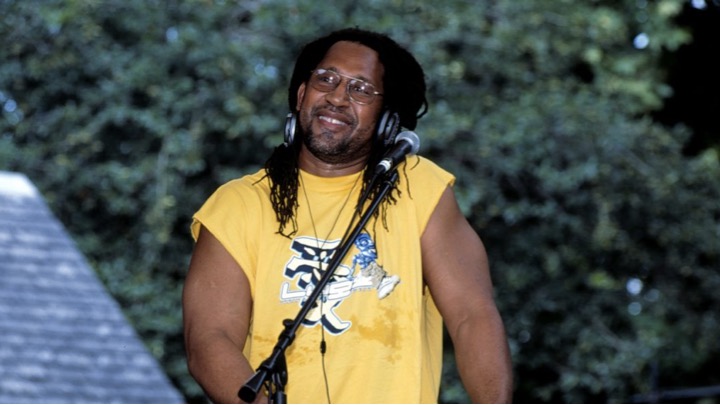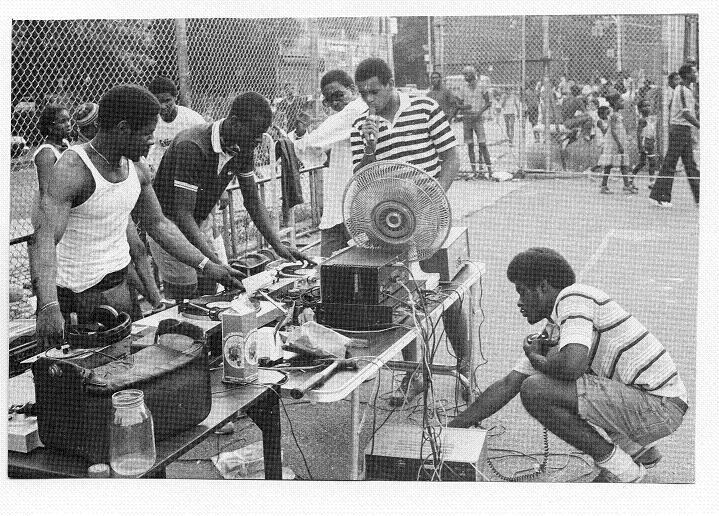
On August 11, 1973, an 18-year-old, Jamaican-American DJ who went by the name of Kool Herc threw a back-to-school jam at 1520 Sedgwick Avenue in the Bronx, New York. During his set, he decided to do something different. Instead of playing the songs in full, he played only their instrumental sections, or “breaks” - sections where he noticed the crowd went wild. During these “breaks” his friend Coke La Rock hyped up the crowd with a microphone. And with that, Hip Hop was born.
Who would've thought that Cindy Campbell's party, who just wanted to raise some money for school clothes before the new school term began, would be the catalyst to launch a culture. For that now historic party, she rented out the first-floor recreation room of the 100-unit apartment building they lived in, and had her brother Clive be the DJ.
The flyer was hand-drawn, and only cost 50 cents for "fellas", 25 cents for ladies. Clive and Cindy's dad got the drinks from a local cash-and-carry, and their mom covered the food. It was truly a family affair.
Clive's friend, Coke La Rock, decided to start shouting out names of other friends over the drum-heavy introductions and instrumental breakdowns Clive had decided to play.
“Yes, yes y'all! And it don't stop!”

The room held 300 people; they all had a great time. No one had heard of DJ Kool Herc before that night: the next day, he was famous across the Bronx. Soon, he'd be hailed as the architect of an entirely new kind of music.
Herc's playlist was eclectic and paid little heed to the trends of the day. A recent not-quite-hit such as It's Just Begun by the Jimmy Castor Bunch became an anthem for what was soon a large and growing audience. He'd play James Brown, but not the singles – rather, raw cuts from live albums. And when he came across a record with the right ingredients, it didn't matter what genre it came from - English prog rockers Babe Ruth and the Edgar Winter Group's Frankenstein got spun in Herc's sets, too.
DJ Kool Herc 2000 And Beyond
But back then it was just a hobby and Herc didn't earn money from the invention he created. Instead many after him began to earn hundreds of millions from the art form.
In 2011, Kool Herc had surgery to remove kidney stones, and like many millions of regular working Americans found it difficult to pay his medical bills. Herc is now speaking out in favor of health care reform.
Kool Herc’s dilemma is not uncommon in America: he did not have health insurance. And with surgery costs being...
...extremely expensive, Herc was in quite a bind, until Jeff Chang stepped in to help the Hip-Hop DJ pay the bill.
Herc had written an introduction for Chang’s book “Can’t Stop, Won’t Stop,” a history of Hip-Hop, and, according to the New York Times, thought it was time to return the favor.
Herc is now using the new media attention to highlight the need for health care reform. He notes that other artists often don’t have anything in the way of medical insurance either, and it is time to address this problem, as well as the wider problems faced by America’s medically uninsured.
"We are fighting for health care not just for me, but for everyone," says Herc. "I see this situation as another quest for me to shine light on a sensitive issue for the community."









